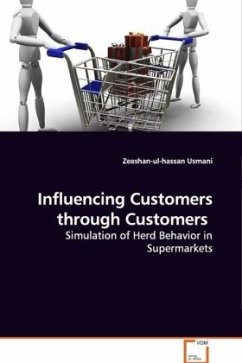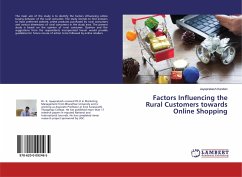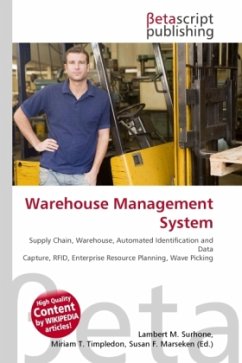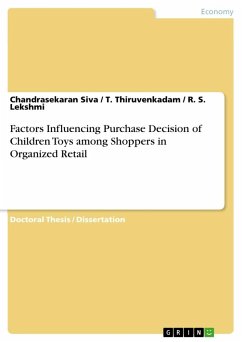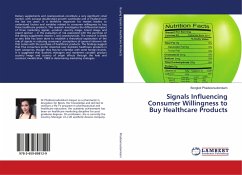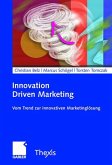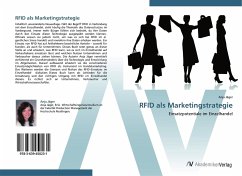In today's supermarket multi-billion dollar
industry, impulse shopping accounts for 2 out of 3
purchases. Despite the current situation, most
retail stores attempt to benefit from the fact that
people are impulsive in nature as a way to maximize
their profits. In order to improve on current levels
of sales, retail stores and supermarkets need to
look at out-of-the-box to solutions that may, at
first, not appear useful. One such approach is the
study of levels of self-organization in people while
they are doing their shopping. This thesis discusses
the status-quo of supermarket optimization and leaps
into how a supermarket simulation can use real-time
information about customer purchases. And apply
models inspired by RFID and customers feedback to
empower customers with products sales level leading
to an increase in impulse purchases.
industry, impulse shopping accounts for 2 out of 3
purchases. Despite the current situation, most
retail stores attempt to benefit from the fact that
people are impulsive in nature as a way to maximize
their profits. In order to improve on current levels
of sales, retail stores and supermarkets need to
look at out-of-the-box to solutions that may, at
first, not appear useful. One such approach is the
study of levels of self-organization in people while
they are doing their shopping. This thesis discusses
the status-quo of supermarket optimization and leaps
into how a supermarket simulation can use real-time
information about customer purchases. And apply
models inspired by RFID and customers feedback to
empower customers with products sales level leading
to an increase in impulse purchases.

